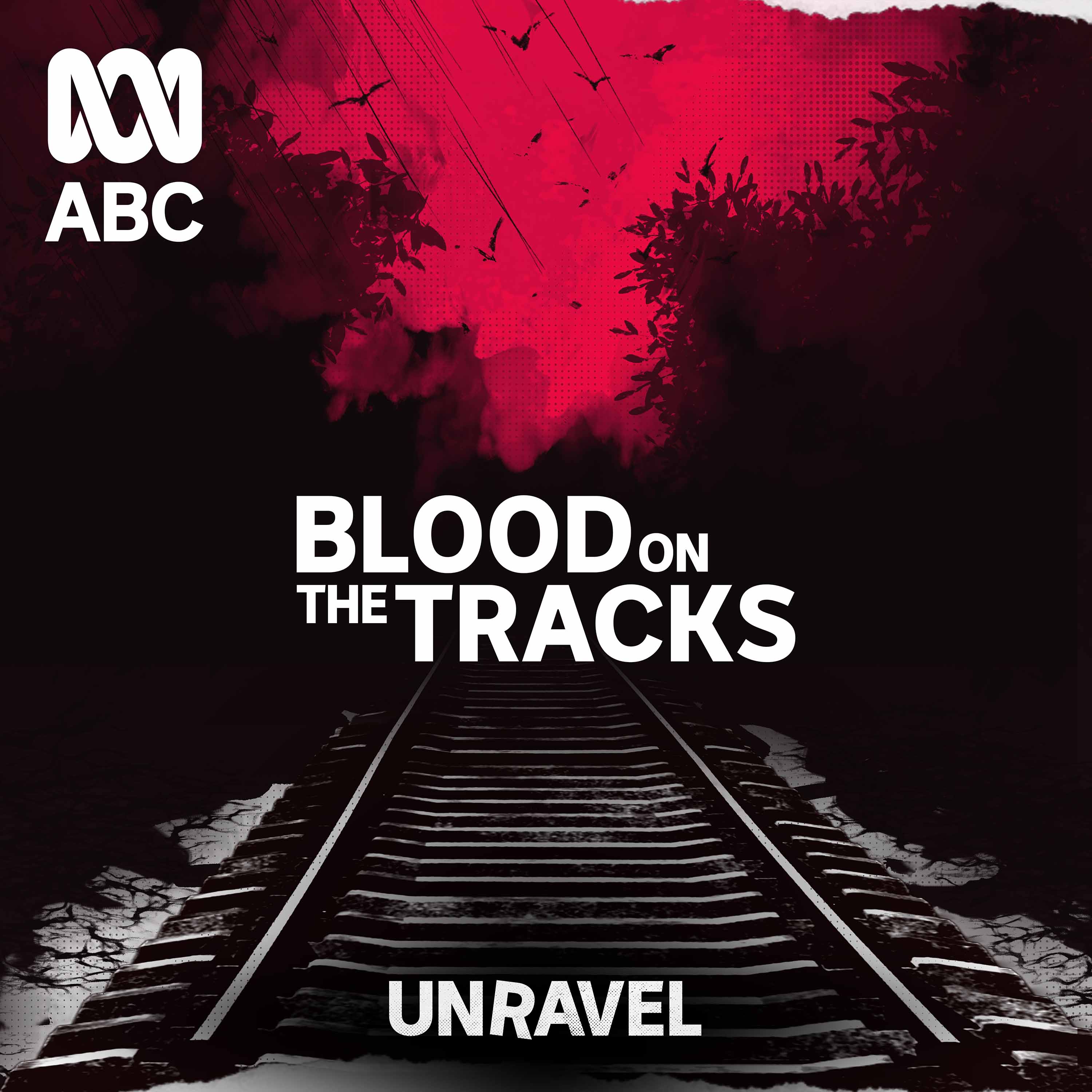08 Blood On The Tracks | Finally, a new inquest
It's 2025, and the NSW Deputy Coroner is holding a fresh inquest into the death of Gomeroi teenager Mark Haines, who was found dead on the train tracks back in 1988.
As the inquest hearings spiral over a year a half, new witnesses appear with explosive allegations and police make surprising admissions.
Allan heads to Tamworth and dives back into a story that's gripped him for over a decade.
Will he finally find the answers to this mystery he's been looking for?
Blood on the Tracks is the first ever series we made for Unravel, back in 2018.
It is intended to be listened to as a whole, so we encourage you to go back to episode 1 and listen to the entire series.
To binge more great episodes of Unravel, the ABC's award winning investigative true crime podcast documentary series, search 'Unravel podcast' on the ABC Listen app (Australia) or wherever you get your podcasts.
There you'll find previous series covering various crimes and crime-related topics including solved and unsolved murder cases, forensic analysis, gangland crimes, love scammers, con-artists, drugs, terrorism, neo-nazis, and miscarriages of justice — all investigated by some of Australia's best reporters and people who know the story best.
Press play and read along
Transcript
Transcript is processing—check back soon.


